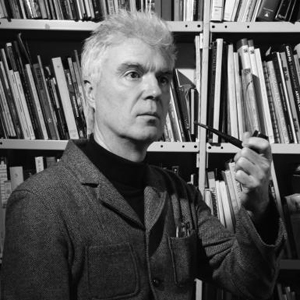 David Byrne gets all scientifical in the most recent Smithsonian, digging into the developmental and evolved neuropsychiatry of musical enjoyment. Now, you may ask yourself, how did DB get so clinical about the emotions of music? And you may ask yourself, how did he get here? And you may ask yourself, how did this music get written?
David Byrne gets all scientifical in the most recent Smithsonian, digging into the developmental and evolved neuropsychiatry of musical enjoyment. Now, you may ask yourself, how did DB get so clinical about the emotions of music? And you may ask yourself, how did he get here? And you may ask yourself, how did this music get written?
…one can envision a day when all types of music might be machine-generated. The basic, commonly used patterns that occur in various genres could become the algorithms that guide the manufacture of sounds. One might view much of corporate pop and hip-hop as being machine-made—their formulas are well established, and one need only choose from a variety of available hooks and beats, and an endless recombinant stream of radio-friendly music emerges. Though this industrial approach is often frowned on, its machine-made nature could just as well be a compliment—it returns musical authorship to the ether. All these developments imply that we’ve come full circle: We’ve returned to the idea that our universe might be permeated with music.
It seems fairly obvious that the music I’m listening to right now (Arvo Part) could be automatized, but just hasn’t been so far. And this points to the future world Byrne points to, where we are permeated with music and the contrast with silence is the most sophisticated distinction that can be drawn.